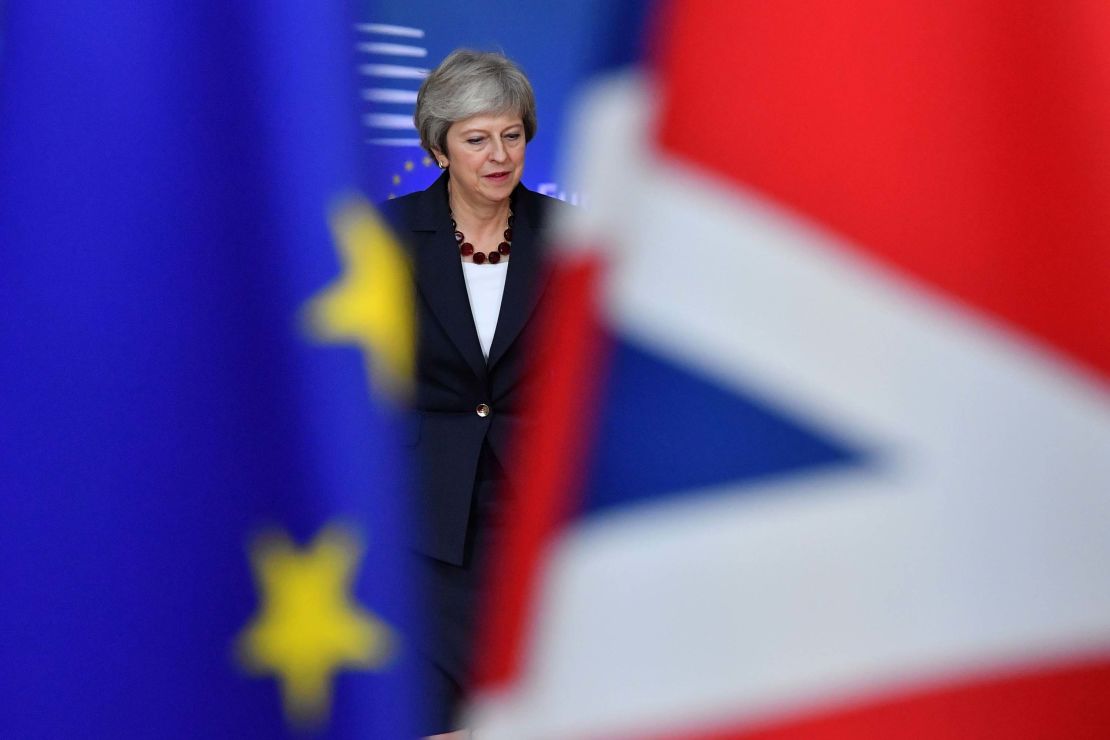EU citizens living in the UK would be stripped of their freedom of movement, social security and housing rights under legislation designed to regulate immigration after Brexit, according to a UK parliamentary committee.
The cross-party committee said in a report published on Monday that the legislation could leave people in a “precarious situation” and that it raises “significant human rights concerns.”
The committee claims that 3 million EU citizens will be left “in a rights limbo, subject to subsequent negotiation.”
It also warns that under the Immigration and Social Security Co-ordination (EU Withdrawal) Bill, the rights of Irish nationals in the UK could be “diminished,” for example by limiting their ability to live in the UK with a non-EU spouse.

The committee has drafted amendments to the bill to ensure rights are protected. The report recommends that citizens’ rights be protected by primary legislation rather than relying on ministers to introduce statutory instruments after Brexit.
“We’re talking about the rights of people who have resided in the UK for years, decades even, paying into our social security system or even having been born in the UK and lived here their whole lives,” said Member of Parliament Harriet Harman, Chair of the UK Parliament Human Rights Committee.
“When it comes to rights, promising that everything will be worked out in the future is not good enough, it must be a guarantee, which is why the Committee have reinserted rights guarantees back into the wording of the Bill.”
The government of Prime Minister Theresa May has repeatedly sought to reassure EU citizens living in the UK about their rights after Brexit. It is preparing to launch the EU Settlement Scheme on March 30, which will allow EU citizens to protect their rights by registering for free via an online portal, according to a government statement.
EU citizens will have until at least 31 December 2020 to apply, whether there is a Brexit deal or not.
However the MPs’ report raised concerns about the lack of physical proof of status under the scheme and the time limit for individuals to register.
“Getting this right is extremely important considering the similarities of some of these concerns with problems that have arisen with the treatment of the Windrush generation,” the report said, referring to the difficulties of proving citizenship faced by the descendants of the first large group of Caribbean migrants to arrive in the UK in the 1940s.
“These could be individuals who have lived and worked in the UK their whole lives,” it concluded. “Their rights should not depend on subsequent registration with a scheme within a specific time limit.”
The UK government has promised tougher immigration rules for those who want to move to the country. May has pledged to end the free movement of EU citizens as part of the Brexit deal.
After Brexit, EU citizens who want to come to the UK “will need to apply for permission and receive European Temporary Leave to Remain” in order to stay longer than three months, Home Secretary Sajid Javid said in a statement in January.
“EU citizens wishing to stay for longer than three years will need to make a further application under the new skills-based future immigration system, which will begin from 2021,” he added.


